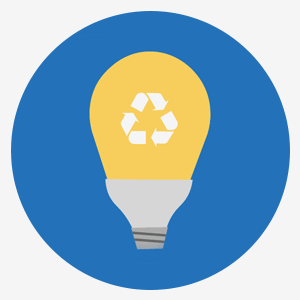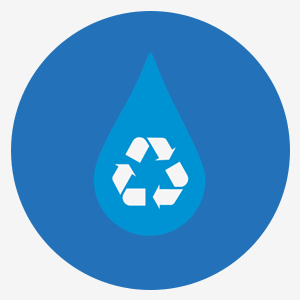21 Energy Facts
The ability to turn on the lights or turn up the thermostat are modern conveniences that most of us enjoy. You might not have even thought about the amount of energy you’re using, and how it is captured and brought into your home or workspace. Keep reading for electricity facts, and facts about renewable energy & natural gas, so you can make informed decisions about energy use and conservation.
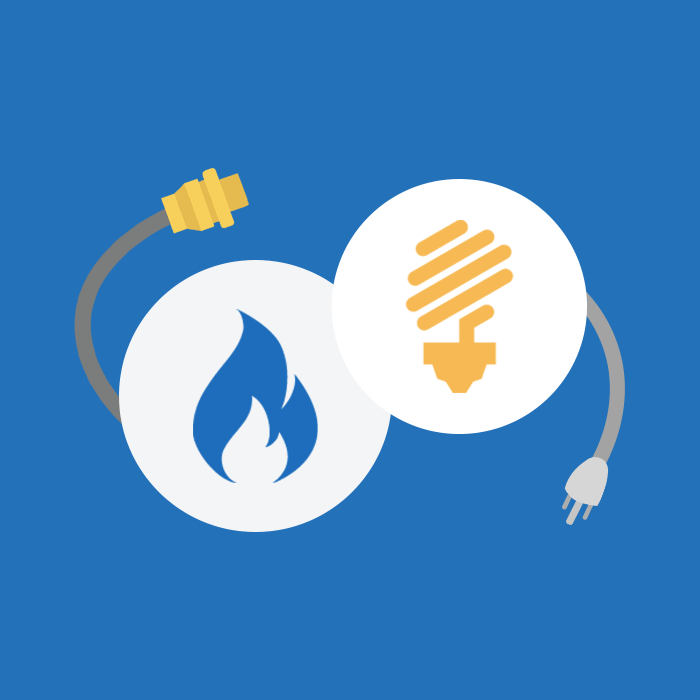
Are you paying too much for energy?
Energy choice encourages electricity and natural gas suppliers to compete on price. Learn more about your home energy options.
Electricity Facts
Electricity is the flow of electrons generated by converting a primary resource, like coal, wind, nuclear, or solar into energy. Electricity is what carries energy to your home, and it’s what helps power your lights and appliances. To find out more about how your home works, watch the video and check out the electricity facts below.
10 Facts about Electricity
- The average U.S. home uses about 11,000 kilowatt hours of electricity per year.
- Electricity travels at the speed of light – over 186,000 miles per second.
- Electricity can be produced from fossil fuels, large hydro power plants, nuclear power plants, or renewables like wind or solar.
- Birds and other small animals can perch on power lines without being electrocuted unless they simultaneously touch another line, which would create a complete circuit.
- For electricity to come into your home, it travels from generation facilities to a high-voltage switchyard, to transmission lines, to a substation, to a distribution line, to a transformer, to your house.
- Geothermal energy comes from the Earth. It consists of hot water and hot rock that’s just a few miles beneath the Earth’s surface, and can go even deeper to very hot molten rock called magma. It’s considered clean and sustainable.
- Renewable energy comes from perpetual sources like wind, solar or geothermal. Most electricity, though, is produced from nonrenewable sources like fossil fuels (coal, crude oil, natural gas, and uranium). They are nonrenewable because there is a finite amount of them that were formed from buried remains of plants and animals that lived millions of years ago. They cannot be replenished the way renewable energy sources can.
- In the U.S., the areas most favorable for geothermal energy use are in Nevada, Oregon, Idaho, Arizona, Utah, Colorado and New Mexico. Geothermal plants are located where water has seeped into the Earth’s crust, and they force the water back up through permeable rock.
- Saving energy can be as simple as switching from incandescent light bulbs to CFL or LED versions.
- About 40 percent of energy from all resources is used for electricity, which means that our resources are used more for that purpose than for any other.
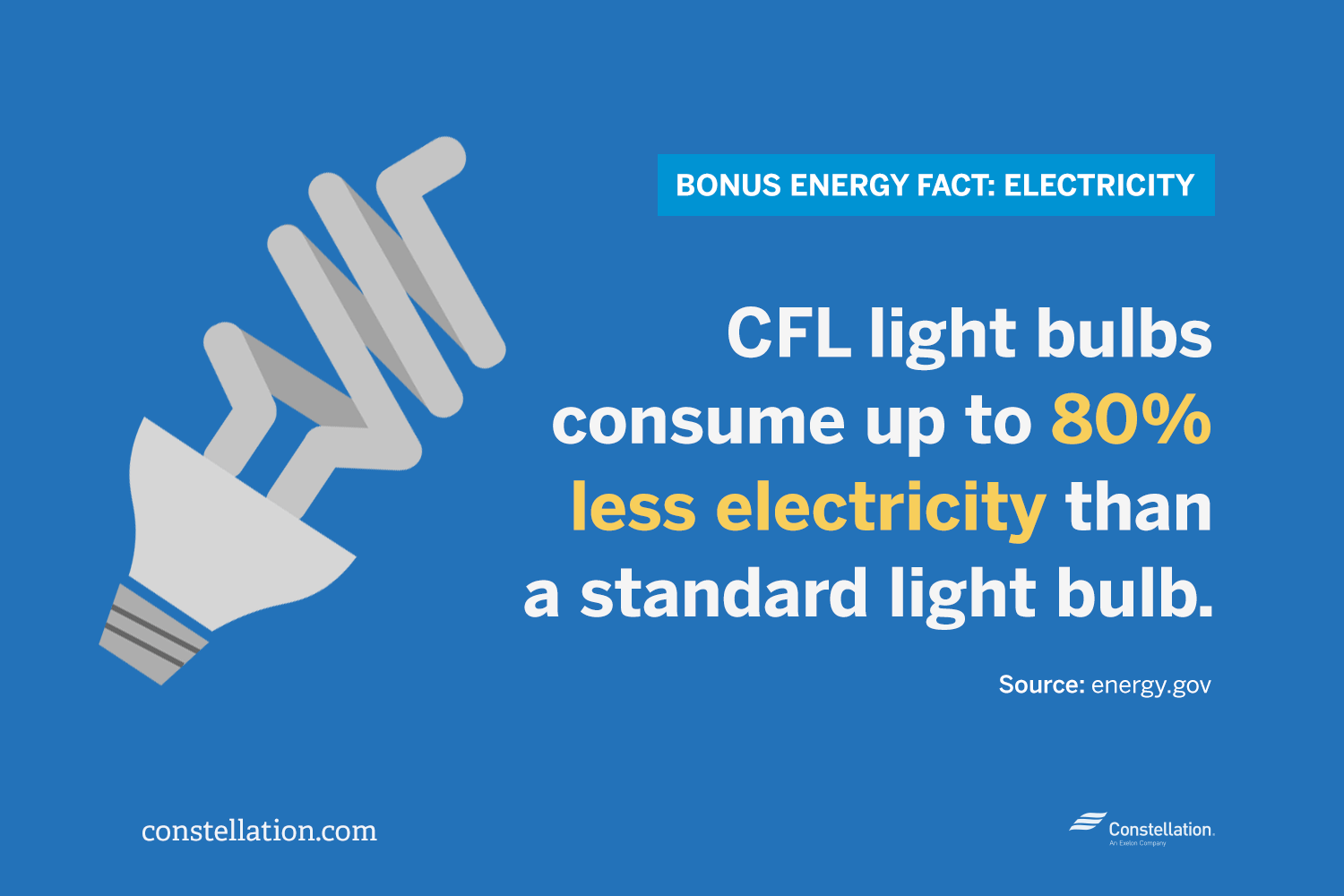
Natural Gas Facts
When we think about energy facts, we usually focus on electricity, but our homes use natural gas, too! Natural gas is a gaseous mixture of hydrocarbon compounds used as fuel to generate electricity. In order to be used in your home, it must first be processed and converted into dry natural gas. To learn more about its use in your home, check out the natural gas facts below.
10 Facts about Natural Gas
- The main component of natural gas is methane, with butane, propane, ethane, or pentane sometimes included.
- The “rotten egg” smell of natural gas is actually added by power companies so that your nose can detect a gas leak. In its initial state, natural gas is colorless and nearly odorless.
- Most natural gas is delivered via pipeline; there are enormous networks that deliver it to processing facilities, which then transport it to the end consumer. Along the route, there are compressors and metering stations to monitor pressure, flow, and leaks.
- When natural gas is transported between countries, it travels by ship in liquid form. This way, it takes up less volume. Once it reaches land, it is regasified (or returned to gas form) and sent to the pipelines for distribution.
- In the U.S., there are more than 2.5 million miles of pipeline used for transporting natural gas directly into homes and businesses.
- It’s reported that 85 percent of the natural gas consumed in the United States is produced domestically.
- Energy facts suggest that natural gas is one of the cleanest choices for fossil fuels. It produces less carbon and pollution than other fossil fuels.
- The natural gas and oil industry employs nearly 10.3 million Americans. That’s equals to about 5.6 percent of all of U.S. employment.
- Approximately 66 million homes and 5 million businesses in the U.S. use natural gas as an energy source.
- This is one of the more important natural gas facts: transportation is one of the most difficult and fragile aspects to its use. Because the main component to natural gas is methane, which is a potent greenhouse gas, undetected leaks can contribute to climate change.
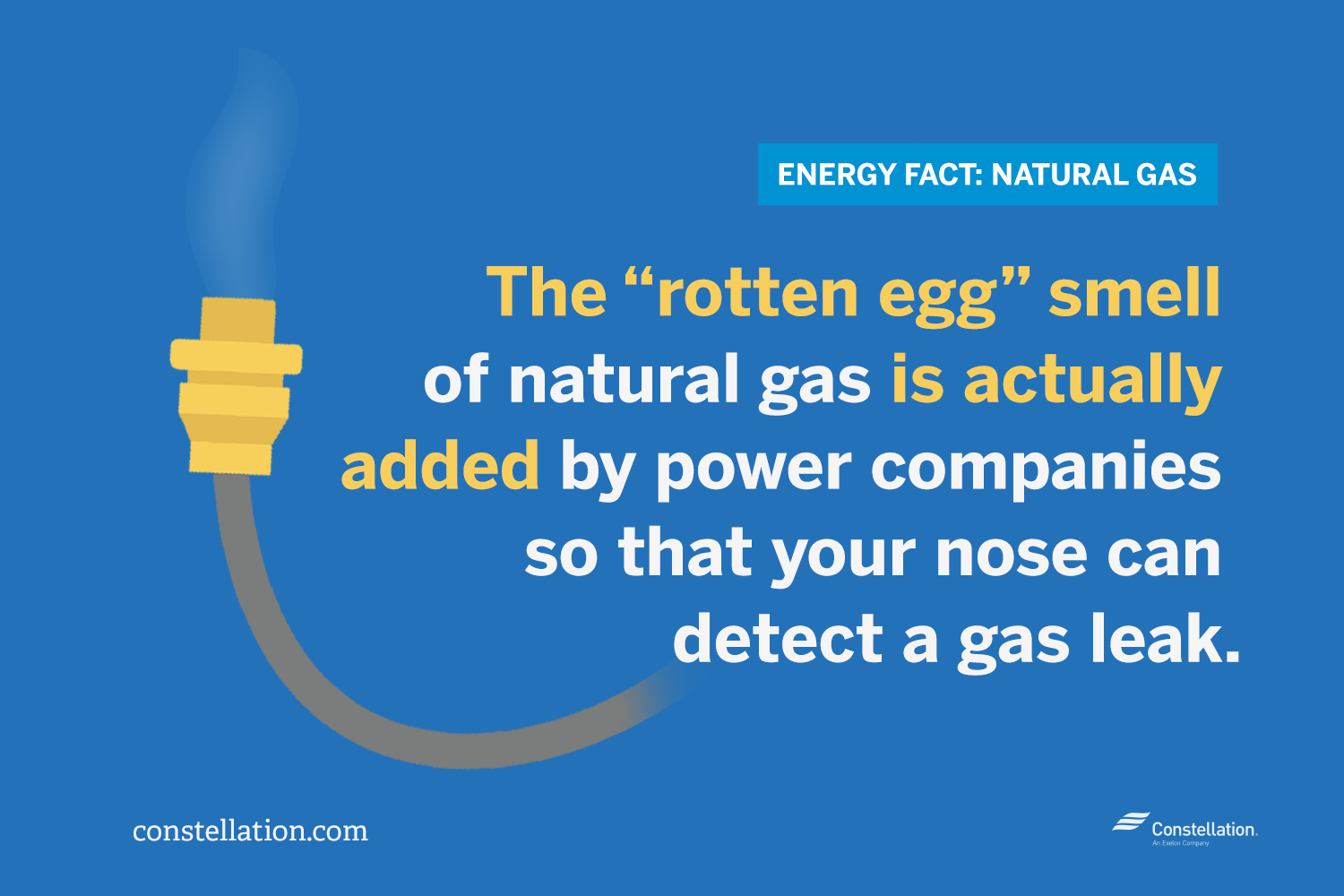
Want More Facts about Renewable Energy Sources?
Renewable energy is energy generated from naturally recurring resources that are not depleted with use, like solar, wind, and geothermal power. Renewable energy has become more commonplace in recent years. Businesses, homes and public buildings, like schools, are starting to install solar panels and other alternative energy sources as a cost-effective way to manage energy use. To learn more facts about renewable energy, check out our video.
Discover More Facts about Energy with These Resources
Understanding these facts about energy is a good start to making smart energy choices. We love that our customers are dedicated to making energy-smart decisions, like switching to an energy supplier or practicing energy conservation. To find out even more facts about energy, check out these useful resources:
Your energy use can really affect your energy bill, and directly impacts the environment. In a world of scarce resources, find out how you can conserve energy and save.
Though water is a renewable resource, fresh clean water is in limited supply. Check out our energy tips for conserving water to benefit the environment –– and your wallet.
For all questions and matters related to energy, check out our list of common energy terms and frequently asked questions to find the answer to any energy question!
